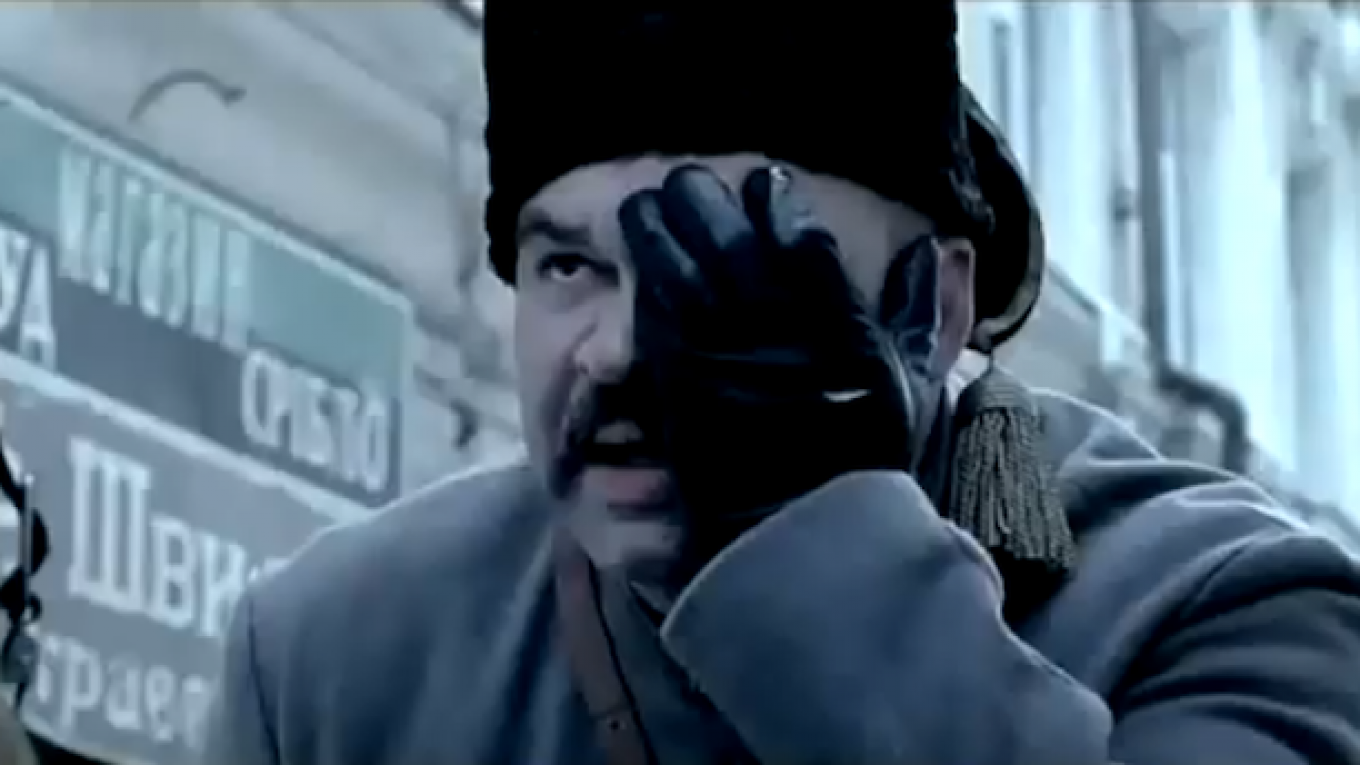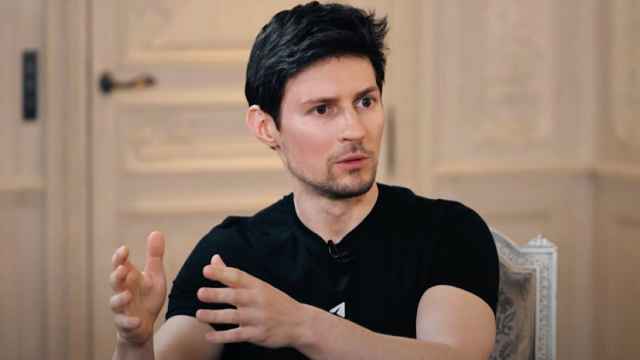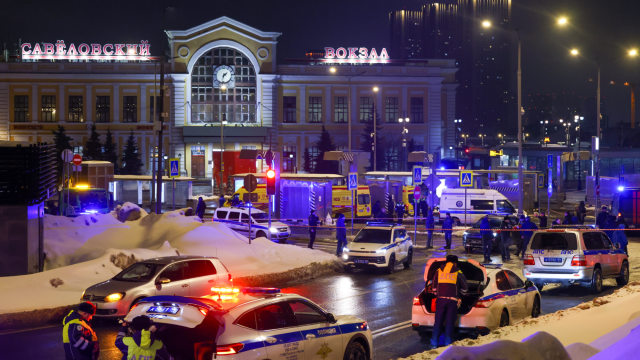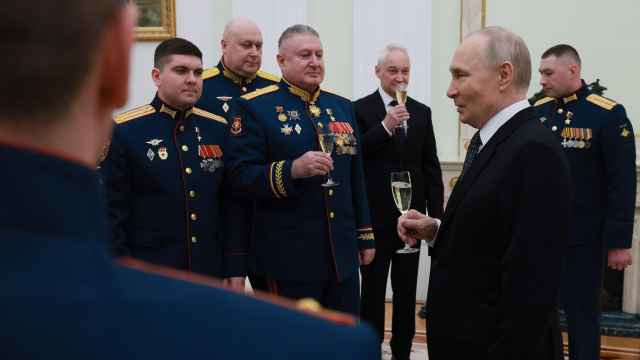The Ukrainian Culture Ministry has banned the distribution of two Russian films, accusing the movies of displaying "contempt" toward Ukraine and distorting historical facts in favor of Russia.
One of the movies in question, "The White Guard," is set against the backdrop of the Russian Civil War clashes in Ukraine's Kiev and is based on the eponymous novel by celebrated Russian writer Mikhail Bulgakov. The second film, "Poddubny," is a biographical movie about famed Russian and Soviet wrestler Ivan Poddubny, who was born into a Ukrainian Cossack family in what now constitutes central Ukraine.
The ban falls inside the bracket of "cultural sanctions" enacted against Russia in line with a government order to target individuals who "support and finance terrorism in Ukraine," the ministry said Monday in an online statement.
"According to the experts who have reviewed these movies, they 'show contempt for the Ukrainian language, people state,' and 'some facts are distorted to benefit Russia,'" the Culture Ministry said in the statement.
The ministry said it had decided not to issue distribution licenses for the two films, essentially banning them from playing in the country's movie theaters and on television. Other sanctions "in culture" may follow, the ministry added.
Russia's Culture Minister, Vladimir Medinsky, responded to the news with a sarcastic Twitter post Tuesday calling for a ban on the works of three Ukraine-born literary giants who moved to Russia.
“It would be logical to next ban all the works of the 'Ukrainophobe' Kiev native Mikhail Bulgakov, as well as Nikolai Gogol, who wouldn't write in his native language, and the secret Russophile Taras Shevchenko, who wrote his personal diaries exclusively in Russian,” Medinsky wrote.
Some Russian film critics have already accused the authors of "Poddubny," which premiered earlier this month, of making liberal use of dramatic license, releasing a production heavy on promoting Russia and slipshod with historical facts.
"For director Gleb Orlov … only one aspect is interesting: patriotism," film critic Nikolai Kirichenko said in a review published on the Ekho Moskvy website this month. "The life of Ivan Poddubny seemed [to filmmakers] to be an excellent excuse to create yet another serving of movie propaganda, and here they are ready to manipulate the actual facts that took place, and to create new ones."
See also:
Russia Ignores Pleas for Release of 'Terrorist' Ukrainian Filmmaker
A Message from The Moscow Times:
Dear readers,
We are facing unprecedented challenges. Russia's Prosecutor General's Office has designated The Moscow Times as an "undesirable" organization, criminalizing our work and putting our staff at risk of prosecution. This follows our earlier unjust labeling as a "foreign agent."
These actions are direct attempts to silence independent journalism in Russia. The authorities claim our work "discredits the decisions of the Russian leadership." We see things differently: we strive to provide accurate, unbiased reporting on Russia.
We, the journalists of The Moscow Times, refuse to be silenced. But to continue our work, we need your help.
Your support, no matter how small, makes a world of difference. If you can, please support us monthly starting from just $2. It's quick to set up, and every contribution makes a significant impact.
By supporting The Moscow Times, you're defending open, independent journalism in the face of repression. Thank you for standing with us.
Remind me later.






